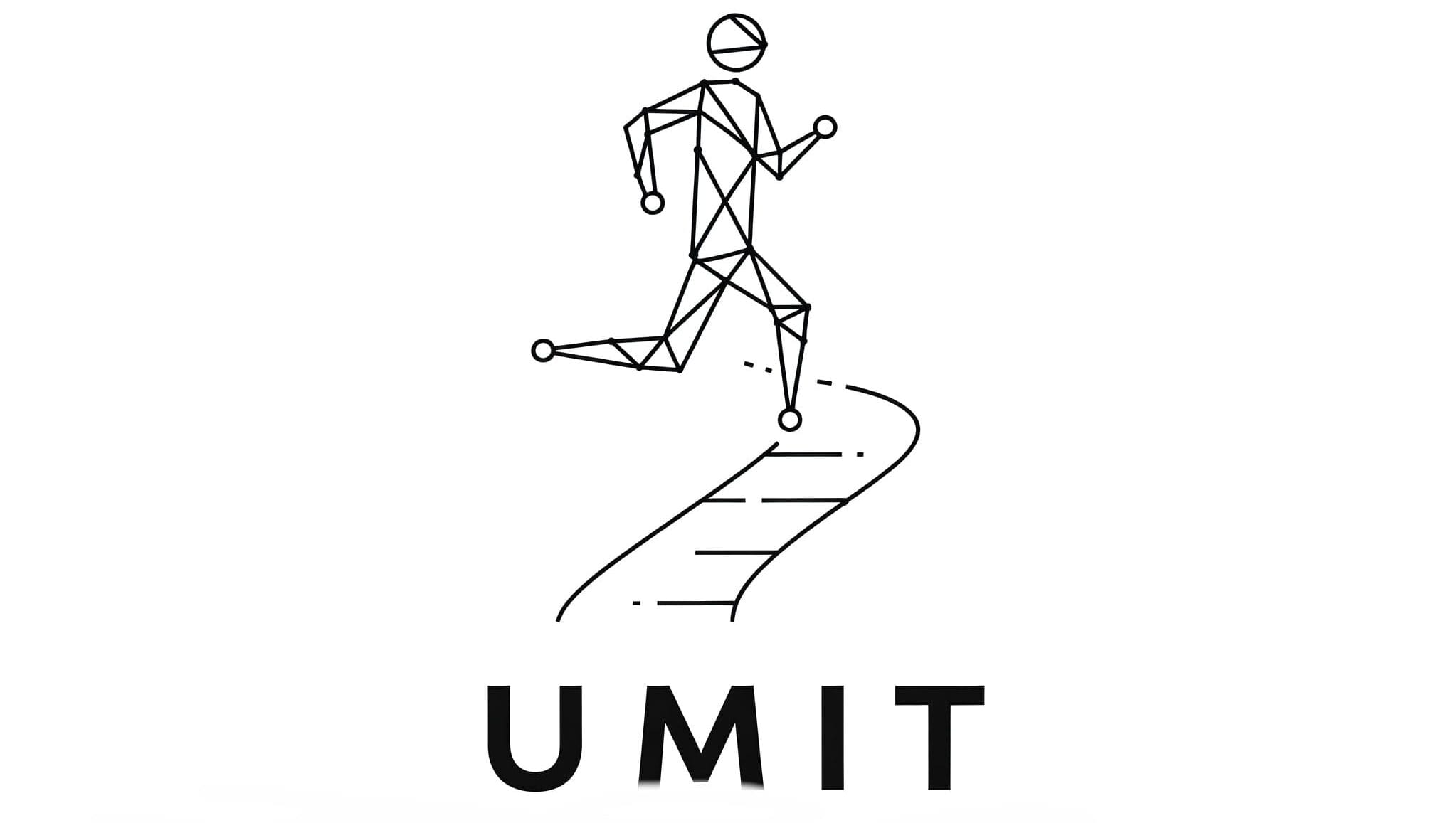Choosing the best GPS watch for ultramarathon training can transform your long-distance running experience. With the right device, you’ll track every mile, monitor your health, and optimize your training to conquer those grueling ultramarathons. This guide dives deep into what features matter most, helping you pick a watch that keeps pace with your endurance goals.
Why a GPS Watch is Essential for Ultramarathon Training
Ultramarathons push the limits of human endurance, covering distances beyond the standard marathon’s 26.2 miles. Training for these events requires detailed data on pace, distance, elevation, and recovery.
“A reliable GPS watch is your ultimate training partner, offering real-time feedback and extensive data to optimize every step on your ultramarathon journey.”
Using the best GPS watch for ultramarathon training helps you:
- Accurately track long-distance runs
- Monitor heart rate and recovery
- Analyze elevation gain and terrain
- Navigate unfamiliar trails safely
Key Features to Look for in the Best GPS Watch for Ultramarathon Training
1. Battery Life That Goes the Distance 🔋
Ultramarathons can last 6-24 hours or more. Your watch must have a battery life that supports extended use without frequent recharging. Look for watches offering at least 20-40 hours of GPS tracking in training mode.
2. Accurate GPS and Multi-Satellite Support 🌐
Precision is non-negotiable. Watches using multiple satellite systems (GPS, GLONASS, Galileo) provide better accuracy in diverse terrains, including forests and mountains.
3. Robust Build and Water Resistance 💧
Choose a watch that withstands tough outdoor conditions — rugged casing, shock resistance, and water resistance (minimum 5 ATM) are crucial for ultramarathon trails.
4. Advanced Health Metrics and Recovery Tracking ❤️🔥
Heart rate monitoring, VO2 max estimates, sleep tracking, and recovery time predictions help tailor your training and avoid burnout.
5. Navigation Features and Trail Mapping 🗺️
Turn-by-turn navigation, breadcrumb trails, and preloaded maps ensure you stay on course in unfamiliar territory.
6. User-Friendly Interface and Customization ⚙️
Easy-to-read displays, customizable data screens, and intuitive controls are essential when you’re mid-run and need quick access to information.
Top GPS Watches Recommended for Ultramarathon Training
While many models exist, these are standout choices recognized for ultramarathon use:
- Garmin Fenix 7 Series – Exceptional battery life, multisport features, and detailed mapping.
- Coros Vertix 2 – Ultra-long battery, rugged design, and multi-GNSS support.
- Suunto 9 Peak Pro – Lightweight with excellent durability and adaptive battery modes.
How to Optimize Your Ultramarathon Training Using Your GPS Watch
Set Realistic Goals and Metrics 📈
Use your watch to set pace, distance, and elevation goals. Monitor your progress consistently to avoid injury and improve endurance.
Analyze Recovery and Adapt Training 🛌
Pay close attention to recovery metrics. Overtraining can lead to fatigue and injury, so adjust your schedule based on heart rate variability and sleep quality data.
Leverage Navigation for Trail Safety 🧭
Preload routes and use navigation features to stay safe on remote trails, reducing the risk of getting lost during long runs.
20 FAQs About Selecting the Best GPS Watch for Ultramarathon Training ❓
- What is the ideal battery life for ultramarathon GPS watches?
Look for watches with 20+ hours of continuous GPS tracking. - Do I need multi-satellite system support?
Yes, it improves GPS accuracy especially in difficult terrains. - Can I use a standard running watch for ultramarathons?
Technically yes, but dedicated ultramarathon watches offer better battery life and navigation. - How important is water resistance?
Very important; aim for at least 5 ATM to handle rain and sweat. - What health metrics should I monitor?
Heart rate, VO2 max, recovery time, and sleep quality are key. - Are touchscreen watches good for trail running?
Often no; physical buttons work better in wet or rugged conditions. - Can I load custom maps on these watches?
Many models allow custom map uploads and route planning. - Is weight a big factor?
Yes, lighter watches reduce fatigue over long distances. - Do GPS watches track elevation?
Yes, with built-in barometric altimeters. - How accurate are heart rate monitors on wrist?
They’re generally accurate but chest straps provide more precision. - Can I sync my GPS watch with training apps?
Most watches sync seamlessly with popular platforms like Strava and TrainingPeaks. - Do ultramarathon GPS watches have emergency features?
Some include incident detection and live tracking. - Is price a good indicator of quality?
Higher price often means more features but choose based on your needs. - How durable are ultramarathon GPS watches?
They’re designed for rugged use but check specific ratings for impact and water resistance. - Can I use these watches for other sports?
Yes, many support multisport tracking. - How do I maintain my GPS watch?
Regularly update firmware, clean sensors, and charge properly. - Do GPS watches show real-time pace?
Yes, vital for pacing long runs effectively. - Are there subscription fees for maps?
Some brands charge, but many provide free maps or paid upgrades. - Can I customize data fields on the watch?
Most allow full customization of data screens. - How do I choose between GPS watch brands?
Compare features, battery life, durability, and app ecosystem to find the best fit.
Final Thoughts: Take Your Ultramarathon Training to the Next Level 🚀
Selecting the best GPS watch for ultramarathon training is a game-changer for anyone serious about long-distance running. Prioritize battery life, accuracy, durability, and navigation to ensure your watch supports every mile of your journey. Investing in the right GPS watch not only boosts your training efficiency but also enhances safety and confidence on challenging trails.
Ready to conquer your next ultramarathon? Choose the GPS watch that empowers your endurance today and start tracking your way to victory! 🏅
Don’t wait—explore top-rated GPS watches now and make your ultramarathon training smarter and more effective!

About the Author
Lost Pace is an ultramarathon runner, shoe-tester and the founder of umit.net. Based year-round in Türkiye’s rugged Kaçkar Mountains, he has logged 10,000 + km of technical trail running and completed multiple 50 K–100 K ultras.
Blending mountain grit with data, Lost analyses power (CP 300 W), HRV and nutrition to craft evidence-backed training plans. He has co-written 260 + long-form guides on footwear science, recovery and endurance nutrition, and is a regular beta-tester of AI-driven coaching tools.
When he isn’t chasing PRs or testing midsoles, you’ll find him sharing peer-reviewed research in plain English to help runners train smarter, stay healthier and finish stronger.
Ultrarunner · Data geek · Vegan athlete
